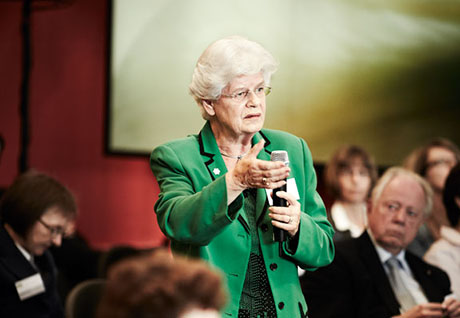
Irene Aegerter, Physicist, Switzerland
- Details
- Written by Urs Fitze

«The energy transition is disastrous»
Irene Aegerter is a physicist. From 2000 to 2008 she was a member of the Swiss Commission for the Safety of Nuclear Installations, and from 2006 to 2008 she chaired the expert committee Radiation Protection and Waste Management. In the blog www.kaltduschenmitdoris.ch, she regularly comments on current energy issues, and as the founder and president of the associations Women for Energy and Women in Nuclear, she is actively engaged in energy and nuclear power issues, such as promoting greater transparency among nuclear power plant operators.
“When the anti-nuclear Swiss Energy Foundation proposed in 1978 to build a coal-fired power plant instead of the planned Kaiseraugst nuclear power plant , I lost my temper and began to get actively involved in nuclear power – and with it, a clean and safe form of generating electricity. Not everyone was talking about it at that time, but by burning coal, as well as gas or oil, we were abetting the greenhouse effect and climate change. Today not a single critic of nuclear power would come to the idea of supporting coal power. Instead, wind and sun are praised, while coal as well as nuclear power are vilified. In Germany we can see the catastrophic results of the energy transition: coal is enjoying a never-imaged comeback thanks to the nuclear phase-out. And Switzerland is poised to make the same mistake. This cannot and should not be allowed. We will never be able to produce electricity that is available at the same time as it's needed by using wind power and solar energy. This is precisely the experience in Germany. Not to mention the high production costs of these supposedly sustainable forms of energy. This will be felt by the economy, which will have to deal with high costs and disrupted production. To forgo nuclear power under these circumstances is disastrous and harms all of us because it is safe, CO2 neutral and clean. And I say this in light of the Chernobyl and Fukushima disasters, which were ultimately due to a poor safety culture – that is, human error. The reactors also had structural defects. With today’s technologies, which enable retrofitting and make Swiss nuclear power plants among the safest in the world, the disaster in Fukushima would not have occurred. In addition, the dangers of nuclear radiation have been largely overestimated. The limits that we have are several times below the dose that could harm us. I could therefore easily live with artificially generated radiation that is ten times higher than what is currently permitted. That would still give us a more than adequate safety margin. Incidentally, a coal-fired power plant emits radiation to at least the same extent as a nuclear power plant, but not a single opponent of nuclear energy complains about this."
Read more:






